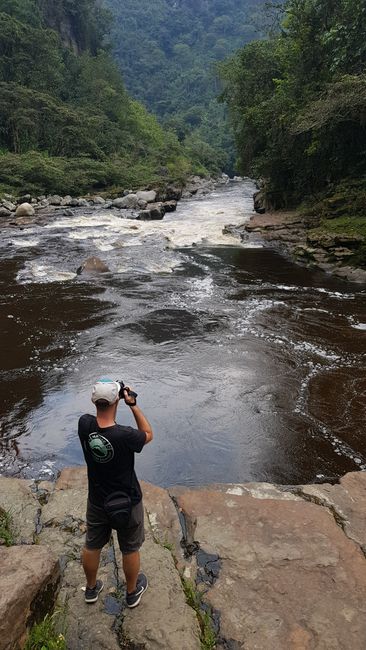Che Guevara's Legacy in Santa Clara
Argitaratu: 16.02.2019
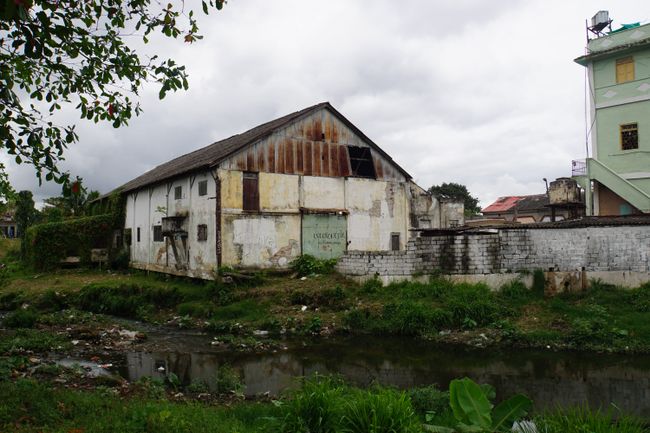
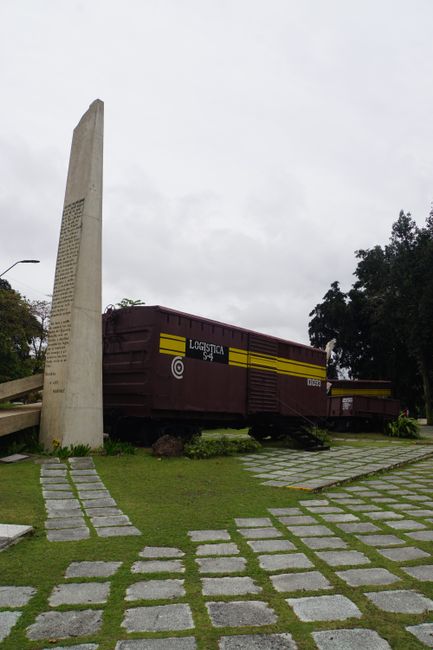
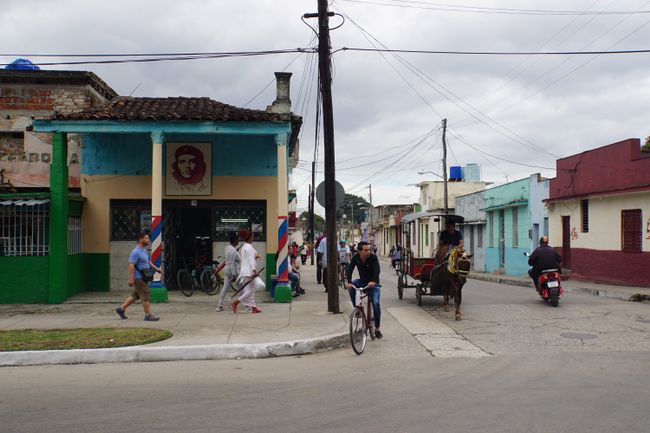
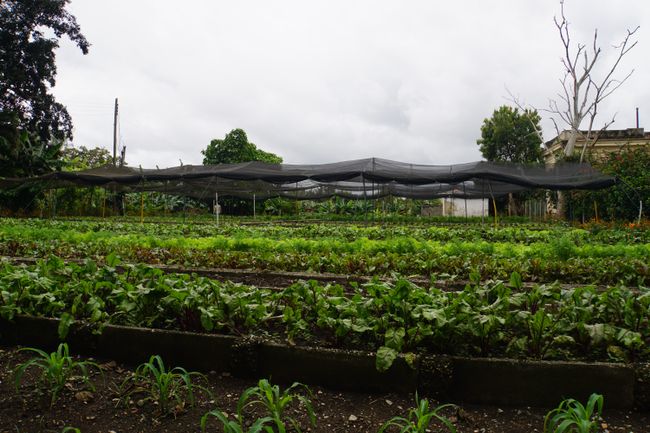
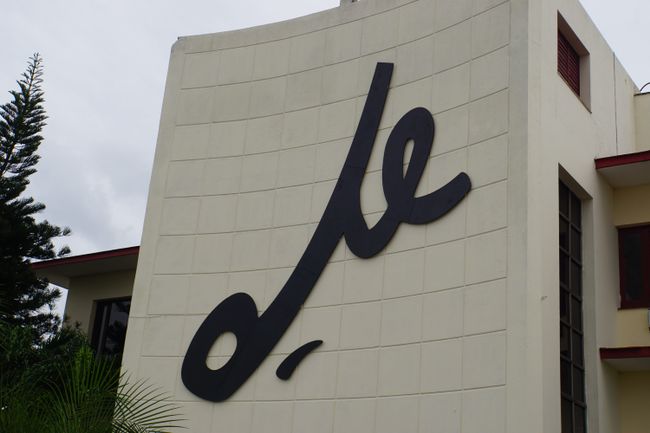
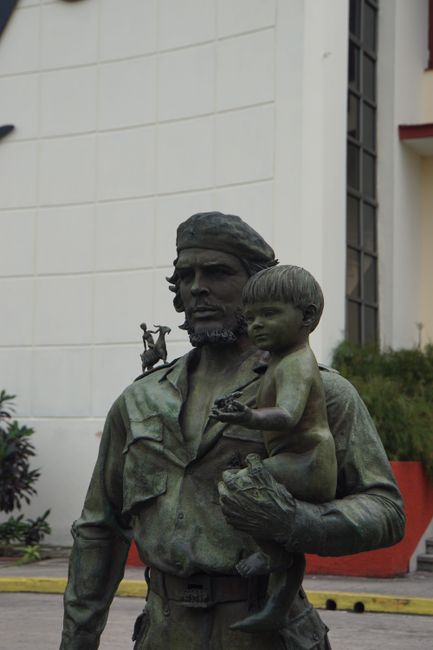
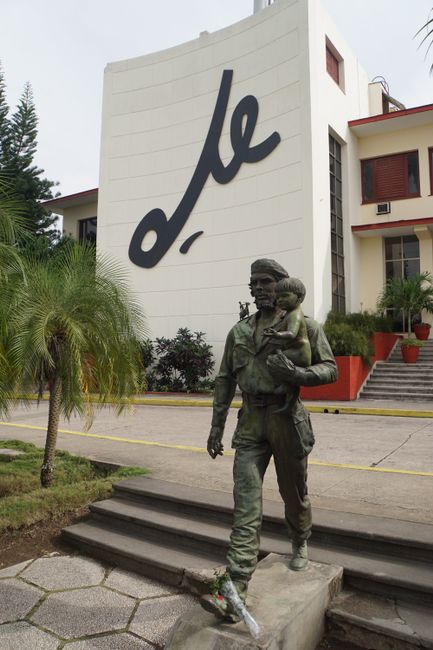
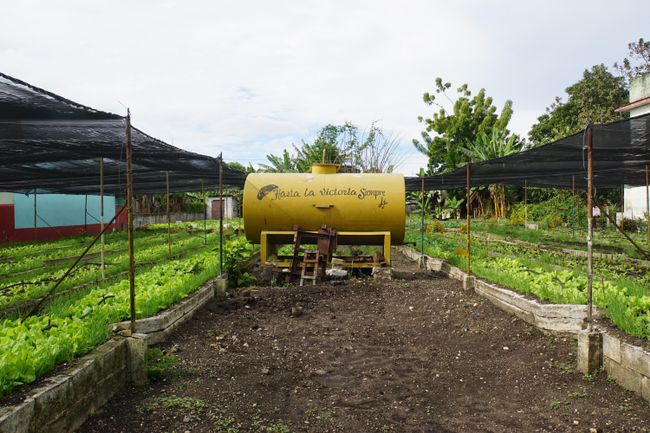
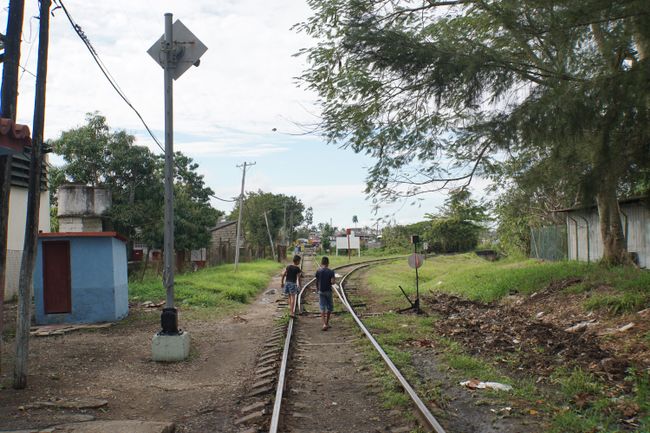
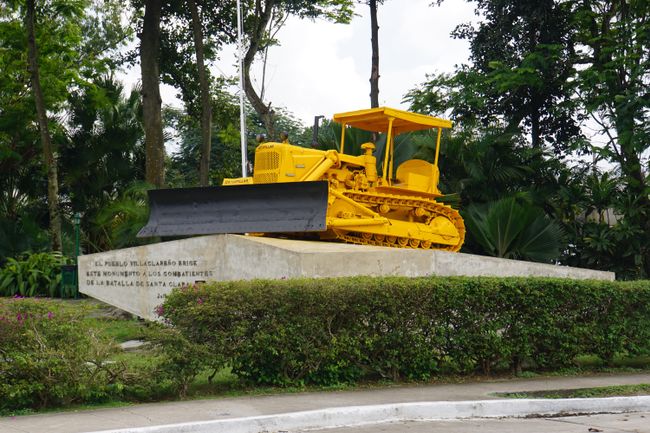
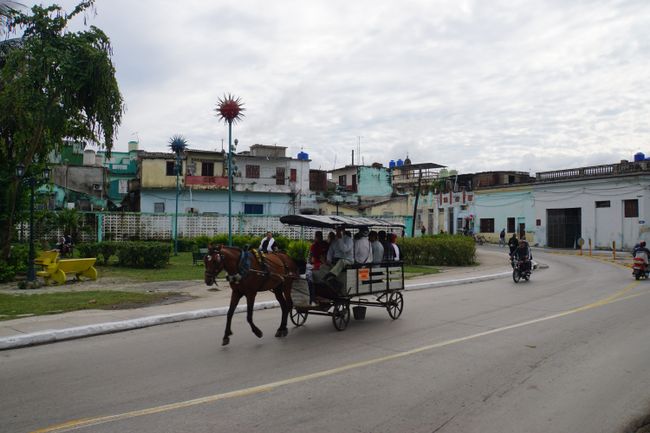
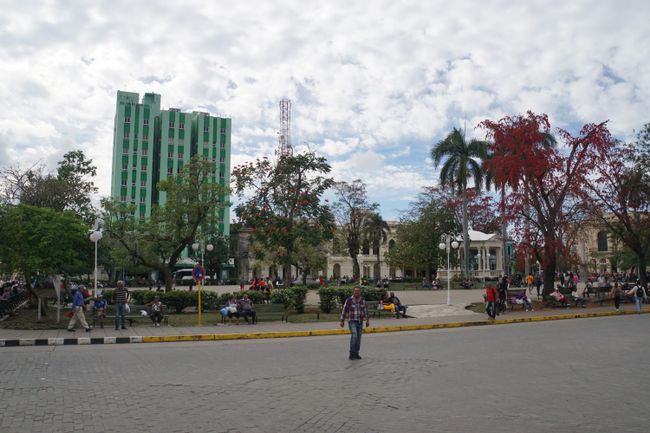
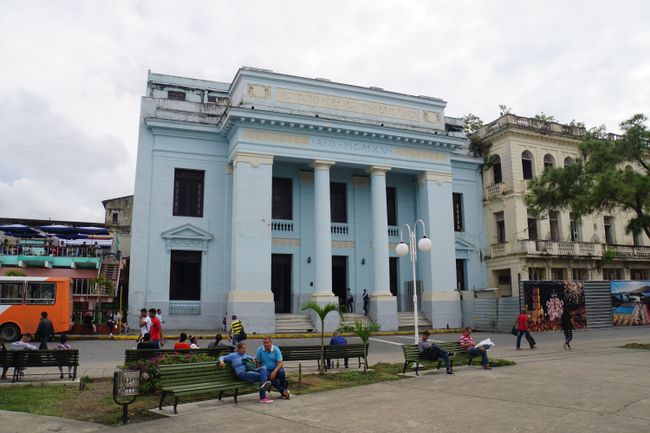
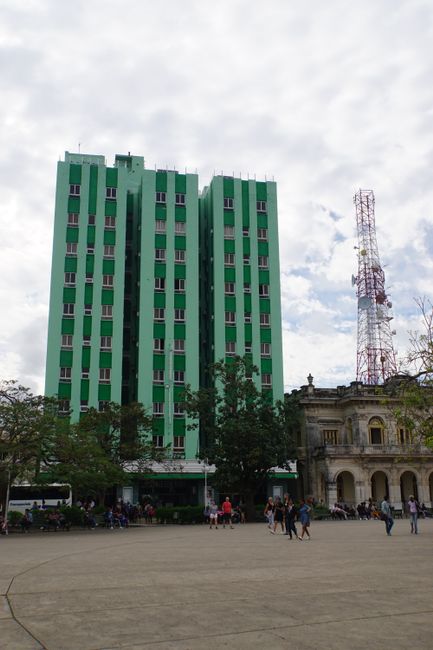
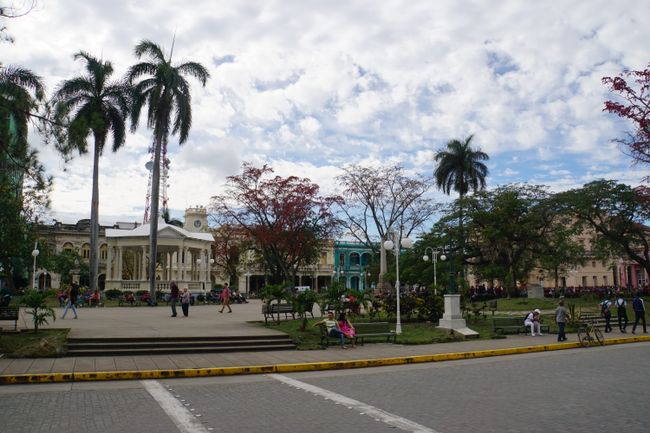
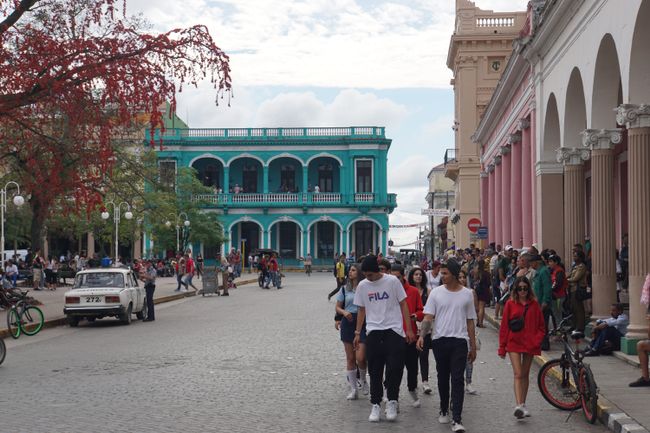
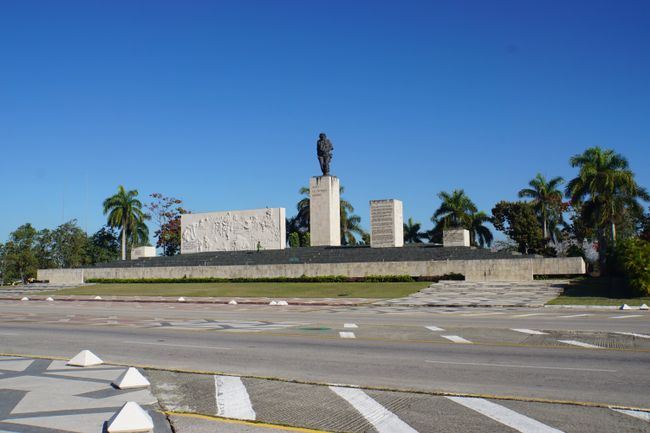
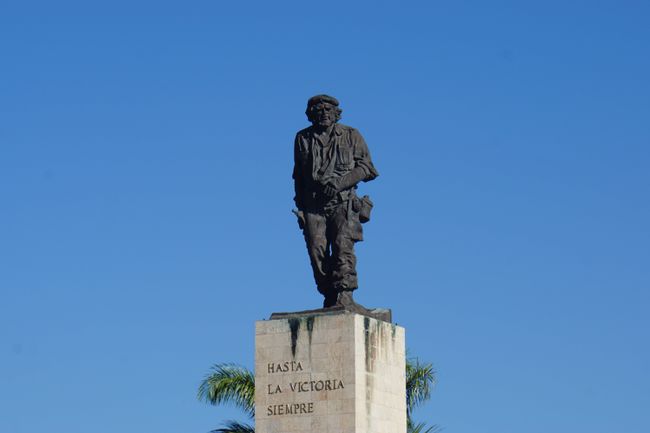
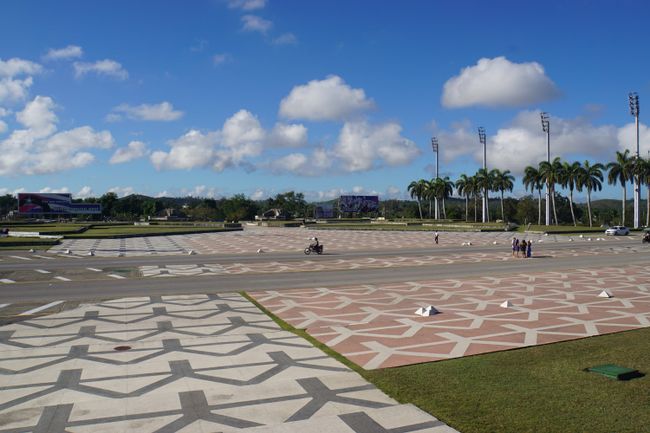
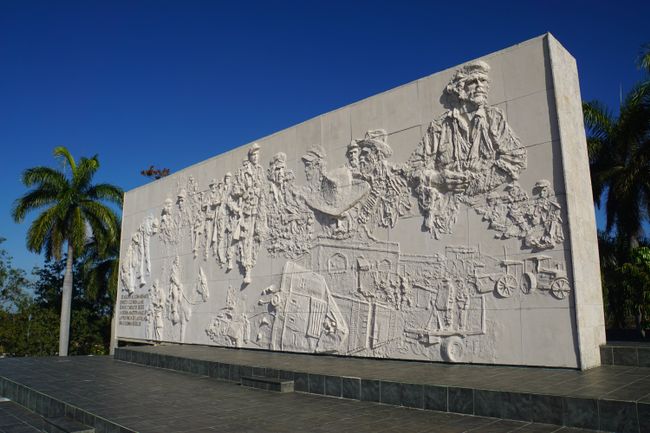
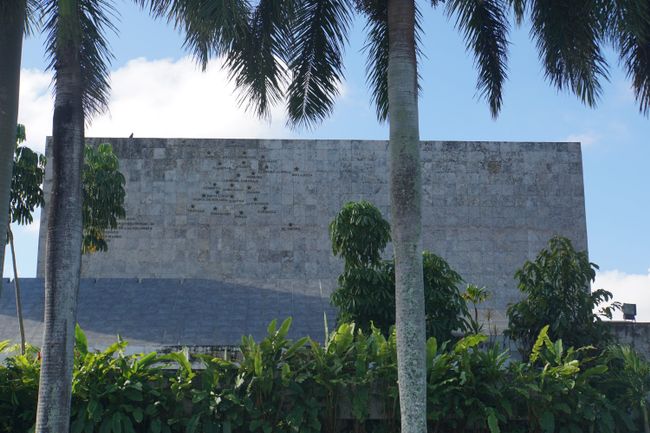
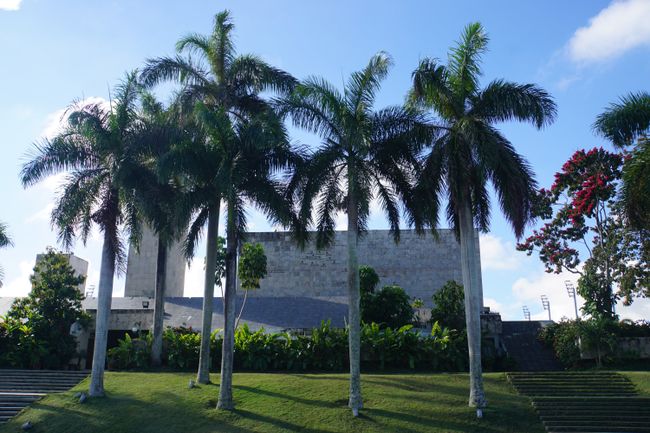
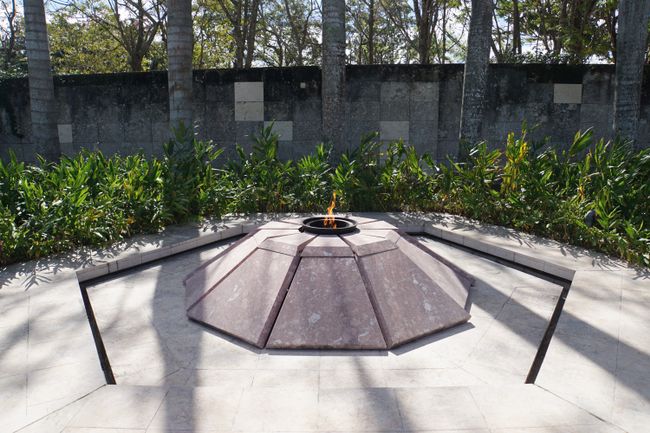
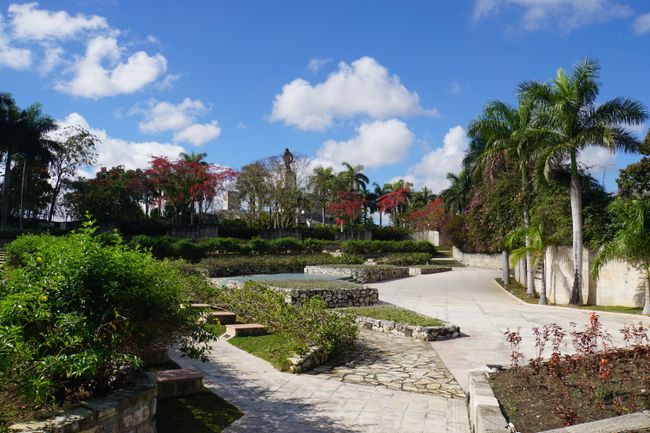
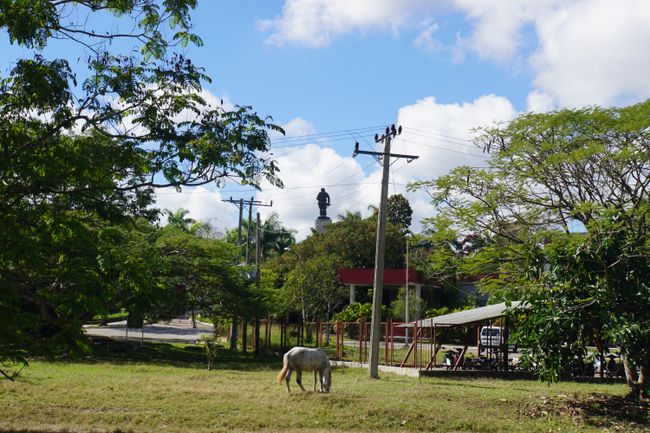
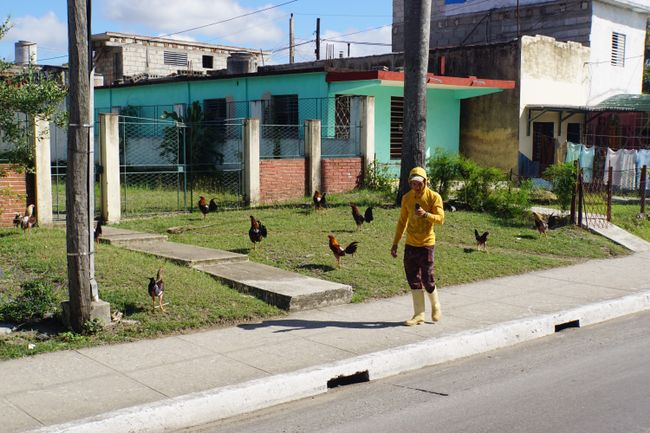
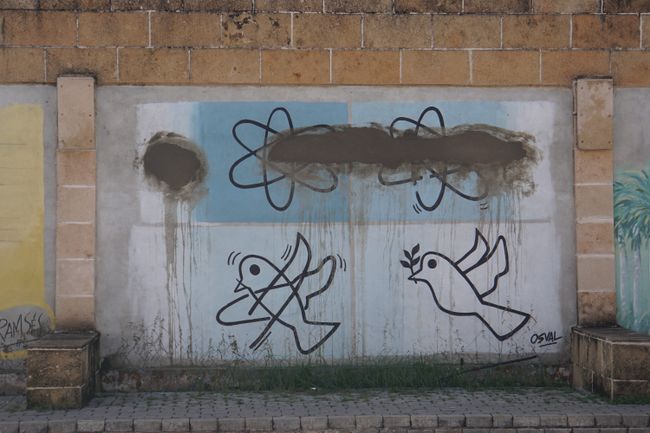
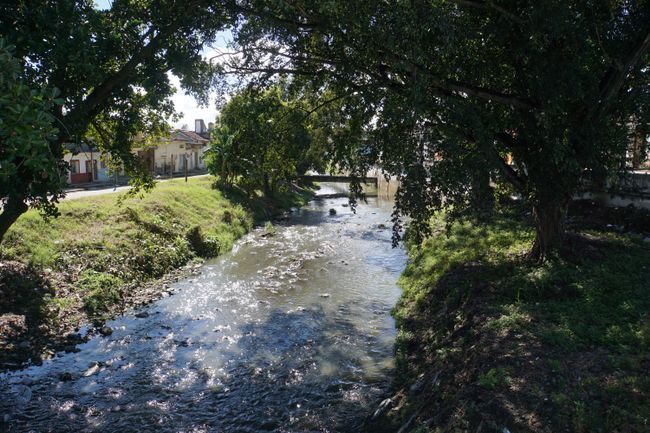
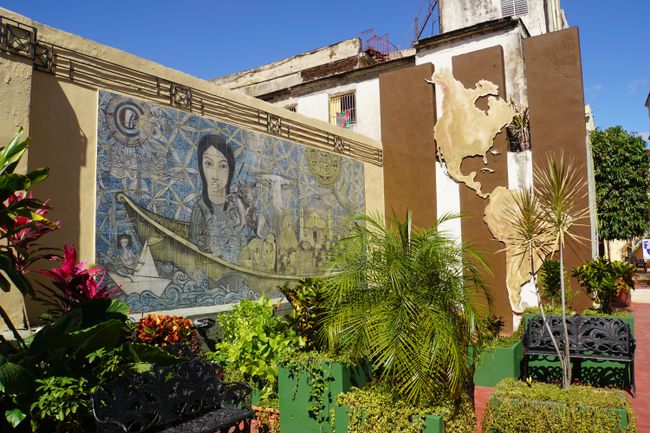
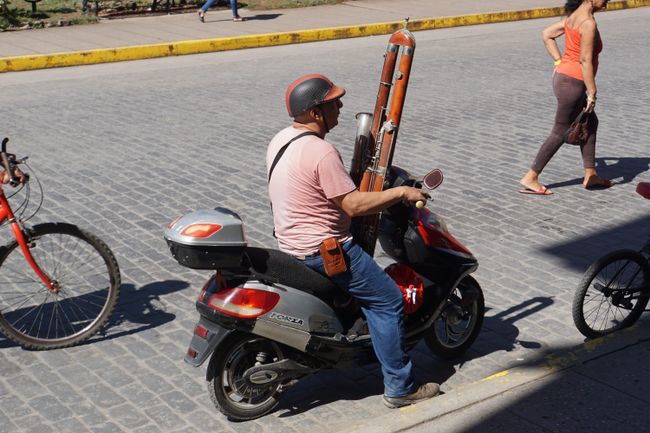
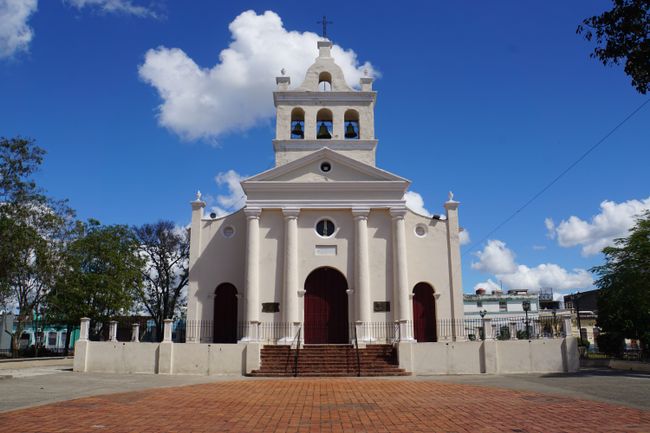
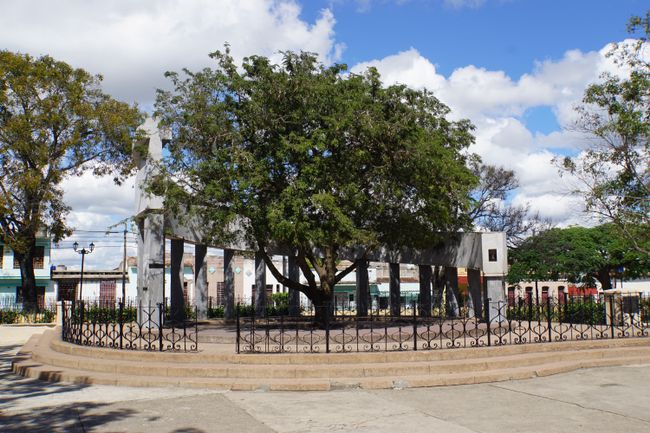
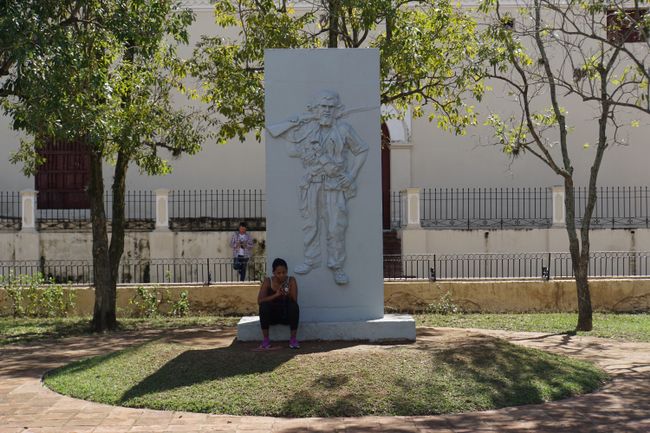
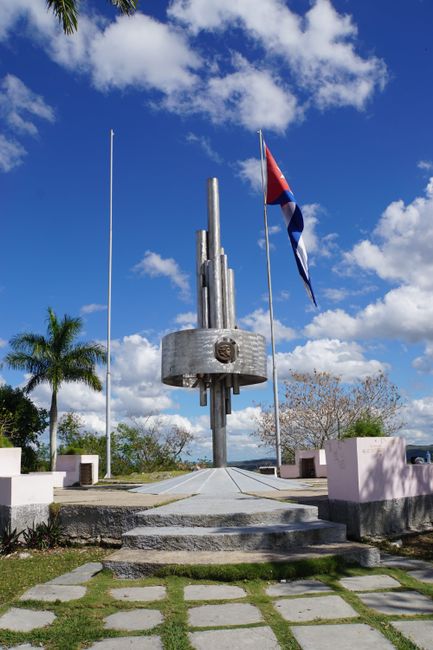
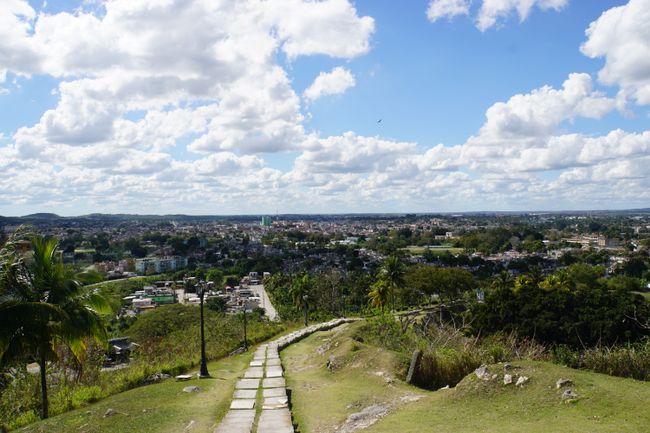
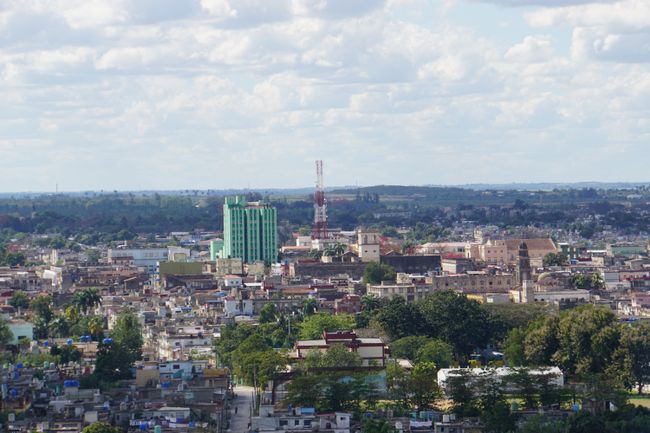
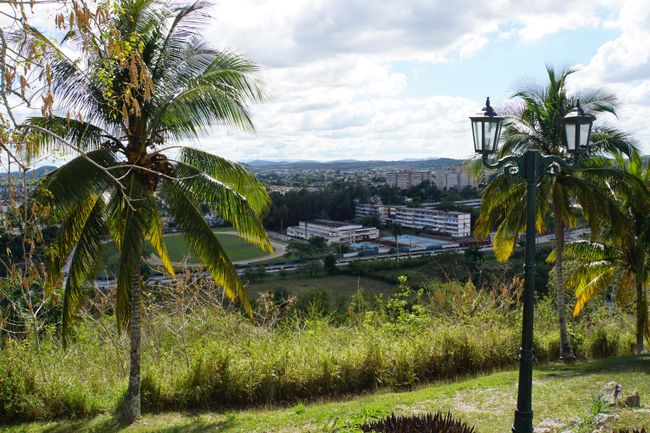
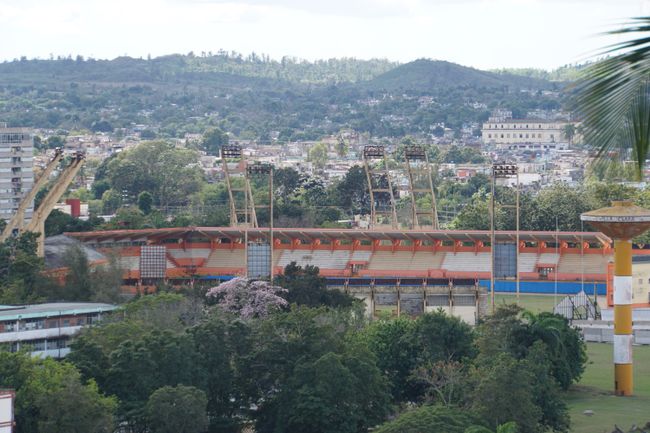
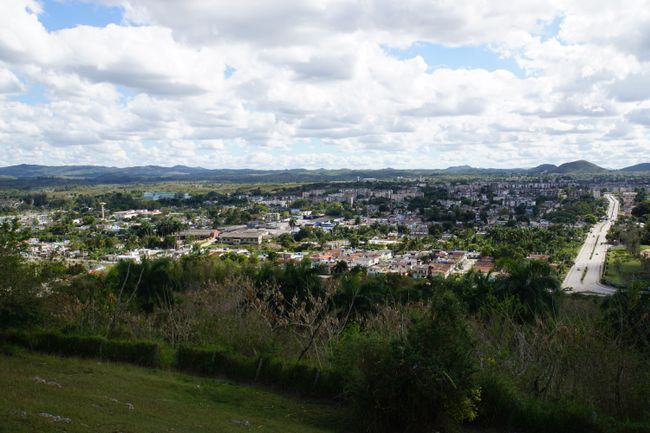
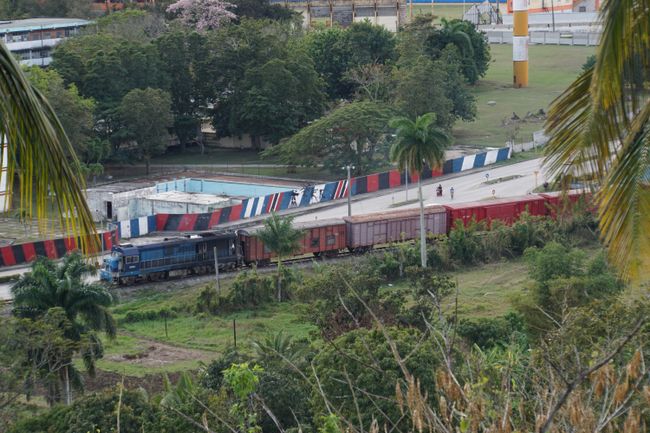
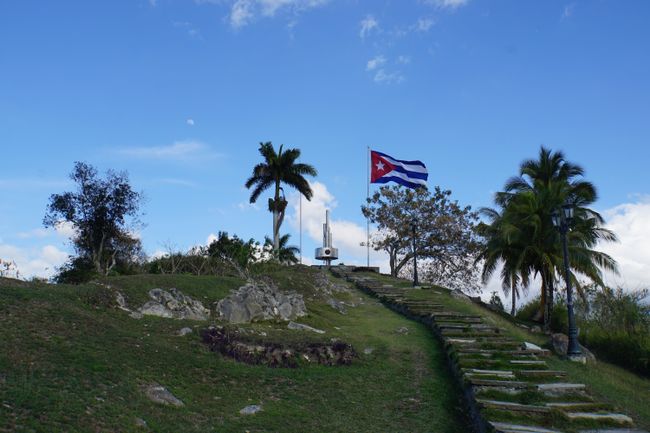
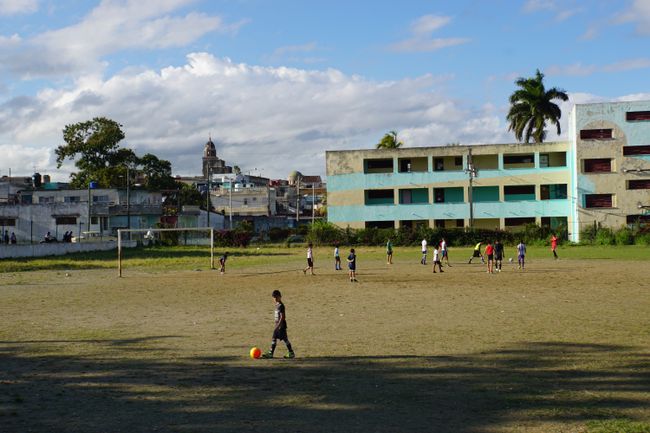
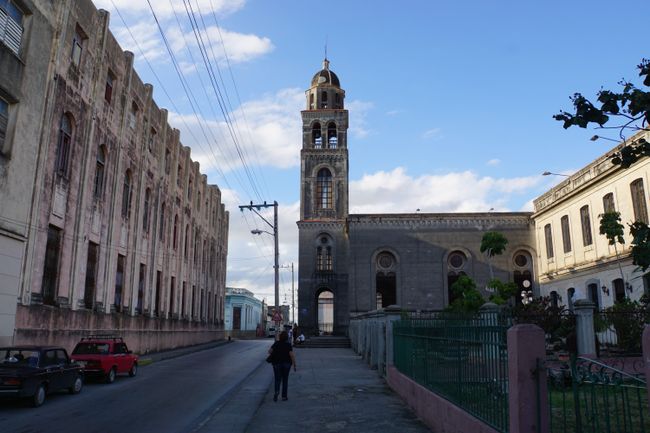
Harpidetu Buletinera
Santa Clara is arguably the most revolutionary city in Cuba, not only more than 60 years ago, but also today. It was here in December 1958 that the Batista regime was dealt a fatal blow. Che Guevara liberated Santa Clara and, through a bulldozer attack on a train, ultimately forced Batista to surrender. Afterward, Fidel Castro came to power, and the rest is history.
Two days ago, I arrived in Santa Clara on the Viazul bus. Unfortunately, the many negative reviews about Viazul turned out to be true. The departure station was pure chaos, and later we traveled in a dirty, old bus with super cold air conditioning towards Santa Clara. After a stop in Cienfuegos and a break at the bus driver's family, we arrived in Santa Clara after about four hours. Yes, you read that right, the bus stopped in the middle of the journey. The bus driver got up, talked to a few people, and then went into their house for five minutes. He returned with a canister in his hand and said, 'Leche!' (Milk) and also took the boy to the school in the next village. It was somehow strange but also amusing. Just before Santa Clara, we were stopped by the police, who had measured the speed. After another five minutes of conversation between the bus driver and the officer, and a pat on the shoulder, we continued, apparently without a fine.
By noon, I arrived at the bus station and walked with my luggage to the nearest casa. I had booked it in advance and specifically chose it so that I didn't need a taxi. The casa is very nice, and I'm staying above the owners again. I have to walk through the living room, but I am always greeted very friendly. My host here is super nice and speaks English, which makes things much easier. I would almost go so far as to say that this is the nicest casa, along with Havana, on my trip.
I spent the afternoon getting to know the city again. As mentioned before, Santa Clara is still the most revolutionary city in Cuba for me today. Everything here seems relatively new and modern. There is a very well-stocked supermarket and a boulevard that is closed to cars. Santa Clara also has a famous university, so there are many young people around.
Since Thursday was Valentine's Day, the whole city was full of people. I haven't seen so many people gathered in one place for a long time. Valentine's Day seems to be something very special for Cubans, and almost every woman walked around with a small gift from their loved one. Some men also bought gifts, so there was a wild hustle and bustle in the city. In the evening, all the restaurants were crowded, and long queues formed in front of them. At some point, this trend must have crossed over from America, even if it is certainly not willingly admitted.
Since there was a bit too much hustle and bustle in the city center for me, I headed out a bit. I passed by the famous spot where the attack on the train took place. Today there is an open-air museum there that reenacts the attack. The yellow bulldozer that derailed the train back then was also on display. A little further on, there was a life-size statue of Che holding a child in his arms. Che is still idolized in this city, back then because he played a significant role in the revolution, and today he is certainly a popular motif on all sorts of souvenirs. Back in the city, I sat down a bit on the central square and admired the surrounding buildings. On this square, there was a large green high-rise building. If you looked closely, you could still see bullet holes from the former battle for the liberation of the city. In the evening, I found a more secluded and less crowded restaurant to have dinner.
Yesterday, I started with a walk to the Che Guevara Memorial and Mausoleum. In the Plaza de la Revolución, there is a 16-meter-high statue of Che. I visited the associated museum and the mausoleum. In 1997, the remains of Che Guevara and 17 fighters were exhumed from a secret mass grave in Bolivia and buried in this memorial. On October 17, 1997, Fidel Castro lit the eternal flame, which still burns today. All in all, I quite liked the square, the memorial, and the museum. Unfortunately, I didn't understand much in the museum because the texts were only in Spanish. Regardless of what one may think of Che and his actions, this complex should definitely be visited when in Santa Clara because it is where history is buried. As a funny side note: genuine American Coca-Cola is sold in the associated snack bar, if only Che knew!
Afterward, I made my way back to the city center, and along the way, I discovered some new things that I hadn't seen in Cuba before. I passed by several street art pieces, all with anti-war messages and some caricatures that also depicted Fidel Castro. It seems that roosters were being sold in front of a house. They stood with shaved bellies and tied feet on a meadow. As I have already noticed several times, there is always something new to discover here.
On the way to a tobacco factory, I also passed by the oldest church in the city, the Iglesia Nuestra Señora del Carmen. The modern, cylindrical monument marks the spot where Santa Clara was founded in 1689. Unfortunately, the tobacco factory turned out to be a disappointment. The windows were very well secured, so although you could look in and smell, taking a photo was not possible. There were only two very unfriendly fellows standing outside the door, and at the sight of them, I didn't even feel like asking for a guided tour. In retrospect, reading the reviews, it was probably not the worst decision.
My last destination on my day trip was a viewpoint just outside the city. The Loma del Caprio hill crowns a flag and several iron poles that show Che Guevara's face. The hill was an important strategic point during the liberation struggles in 1958 that took place around Santa Clara. Today, there is a beautiful view of the city center and the surrounding houses from there. Since it was my last destination for today, I stayed a bit longer. I watched a passing train, the empty baseball stadium, and other tourists who also made the arduous journey. It's really beautiful up here! On the way back, I passed by some kids playing football. In the end, we all have the same hobbies all over the world :)
In the evening, compared to yesterday, the city is deserted. Even though today is Friday and yesterday was Thursday. I wonder, but I'm glad that this time I don't have to wait in line for a table at a restaurant. Unfortunately, Santa Clara doesn't offer any culinary highlights. While I had delicious meals in Viñales and Trinidad, here it's just rice, a piece of meat, and a crazy pineapple-cucumber-bean-papaya-cheese salad. It's not exactly delicious and revolutionary!
Today is already the last day in Santa Clara, and since I was very active yesterday, I'm taking it easy again today. I will walk to the city center again around noon to find something to eat and later upload the blog. Tomorrow, I will continue by bus to my last stop on my trip before heading back to Havana. This time, I dared to book a resort accommodation with all-inclusive, although I'm not really the type for it.
Cuba is known by most tourists as a resort vacation destination, similar to the Dominican Republic. In Varadero, this type of vacation usually takes place, and people spend several weeks there in their resort, with perhaps a day trip to Havana. However, I will only stay two nights in Varadero because both the resort reviews and the price are outrageous. Compared to other resorts in the world, I was able to get a real bargain, but despite being a resort vacation, it is still Cuba, with all its shortcomings and issues. However, Varadero is said to have the most beautiful beach in the Caribbean, and that was ultimately one of the main reasons for making another stop there.
Harpidetu Buletinera
Erantzun
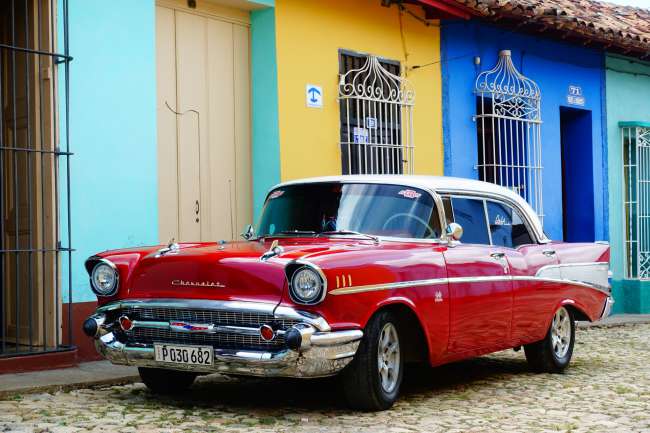
Bidaien txostenak Kuba

